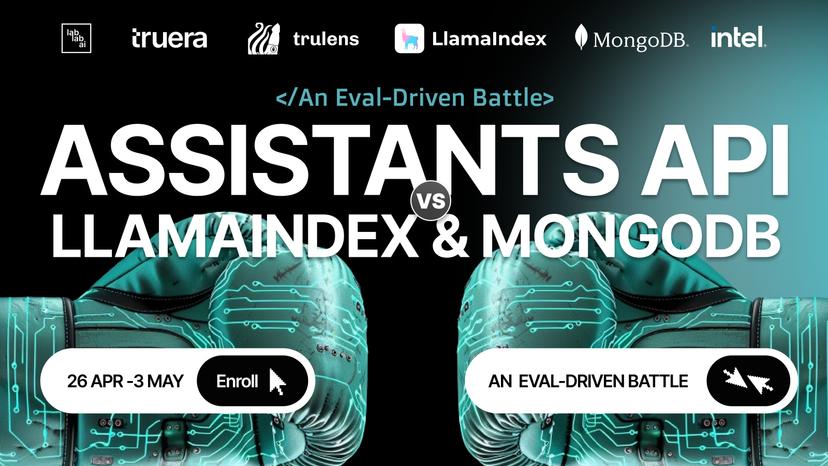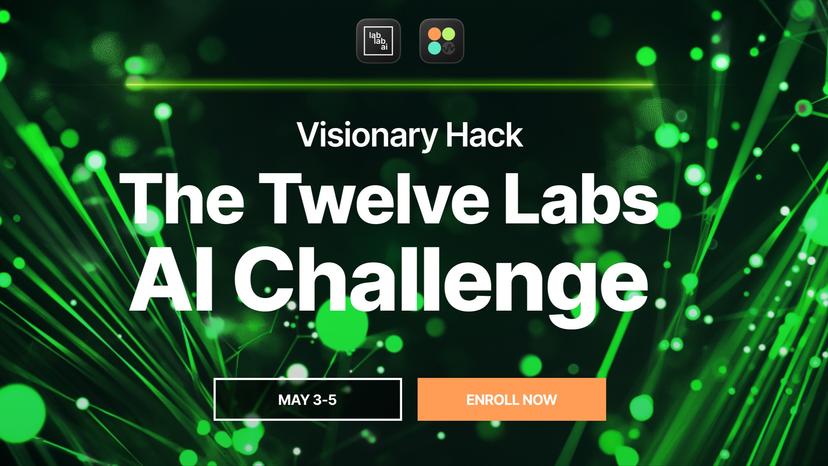🤓 Latest Submissions

SpeakFlow
Our project is an AI-powered multilingual business communication assistant designed to break down language barriers in global business operations. Using IBM’s advanced Granite models, it provides real-time voice translation for meetings, as well as context-aware translation for emails, contracts, and customer interactions. The assistant is capable of adapting to industry-specific jargon, ensuring precise and effective communication across diverse sectors. Additionally, it includes sentiment analysis to ensure the right tone is conveyed in cross-cultural communications. This solution empowers businesses to collaborate globally, improve customer service, and navigate international negotiations without language constraints.
23 Feb 2025

MindRescue Ai
Mental health crises can occur at any time, yet traditional support systems often fail to provide immediate assistance. Many individuals struggle to find help due to barriers such as cost, stigma, and limited availability of mental health professionals. Furthermore, slow response times can leave individuals without the critical support they need in moments of distress. MindRescue AI addresses these challenges by offering real-time, AI-powered mental health support. By detecting distress levels, providing self-help techniques, and escalating high-risk cases to emergency services, our system ensures that individuals receive the help they need when they need it most. Key Features =>Distress Level Detection – Analyzes text input to determine distress levels (Low, Medium, High) and tailors responses accordingly. =>Self-Help Techniques – Offers effective coping strategies, such as breathing exercises, mindfulness, and grounding techniques. =>Emergency Support – Identifies high-risk situations and provides immediate access to crisis helplines or emergency contacts. MindRescue AI is available 24/7, breaking down barriers to mental health support and ensuring no one has to face a crisis alone.
16 Feb 2025

Astronaut AI
Space conditions can cause injuries, illnesses, or unexpected health issues such as radiation exposure, bone density loss, or muscle atrophy. Astronauts are trained in basic medical procedures but do not have immediate access to specialists in case of an emergency. The AI assistant provides instant medical guidance based on the symptoms described by the astronaut. Uses a knowledge base of medical procedures specifically designed for space environments. Can guide astronauts through first aid, emergency treatments, and medication usage when human experts are not available. Built with Streamlit, our intuitive interface allows astronauts to interact with AI Agents for real-time medical, technical, and navigation support. Users input queries and receive instant AI-driven solutions, ensuring quick and efficient problem-solving in space. 💡 Tech Stack & APIs Used: Gemini AI API – AI-powered responses Streamlit – Interactive UI Python – Core development Expansion to deep-space missions, Mars colonies, and autonomous space stations. Application in remote medical support, deep-sea exploration, and disaster response. Integration of VR training, predictive maintenance, and multilingual capabilities. 🌍✨
9 Feb 2025

CareAI
Access to affordable healthcare remains a critical challenge, especially for financially disadvantaged patients. Administrative inefficiencies, lack of transparency in treatment costs, and unequal allocation of donated funds exacerbate the problem. Existing systems often fail to prioritize those in dire need, leaving many patients without timely access to necessary treatments. There is an urgent need for a system that leverages AI to ensure fairness, transparency, and efficiency in healthcare administration and donation allocation. CareAI aims to tackle the critical issue of access to affordable healthcare, especially for financially disadvantaged patients, by addressing the inefficiencies in healthcare administration and donation allocation. The solution combines the power of Artificial Intelligence (AI) with data-driven insights to ensure that treatment costs are transparent, funds are allocated fairly, and the most urgent cases are prioritized.
11 Dec 2024
.png&w=828&q=75)
Clinical RAG System
advanced medical assistant application that utilizes Retrieval-Augmented Generation (RAG) with the Falcon Large Language Model (LLM) to provide accurate and context-aware medical information. Features Audio Interaction Endpoint Speech-to-Text (S2T) conversion LLM processing using Falcon Text-to-Speech (T2S) conversion for audible responses Text-based Interaction Endpoint Direct text input LLM processing using Falcon Text output Retrieval-Augmented Generation (RAG) Enhances responses with relevant medical knowledge Improves accuracy and context-awareness of the AI uses a Retrieval-Augmented Generation (RAG) architecture: User input (text or transcribed audio) is processed. Relevant medical information is retrieved from the Qdrant vector database. The Falcon LLM generates a response based on the user query and retrieved information. The response is returned as text or converted to speech.
7 Aug 2024

.png&w=640&q=75)

.png&w=640&q=75)







